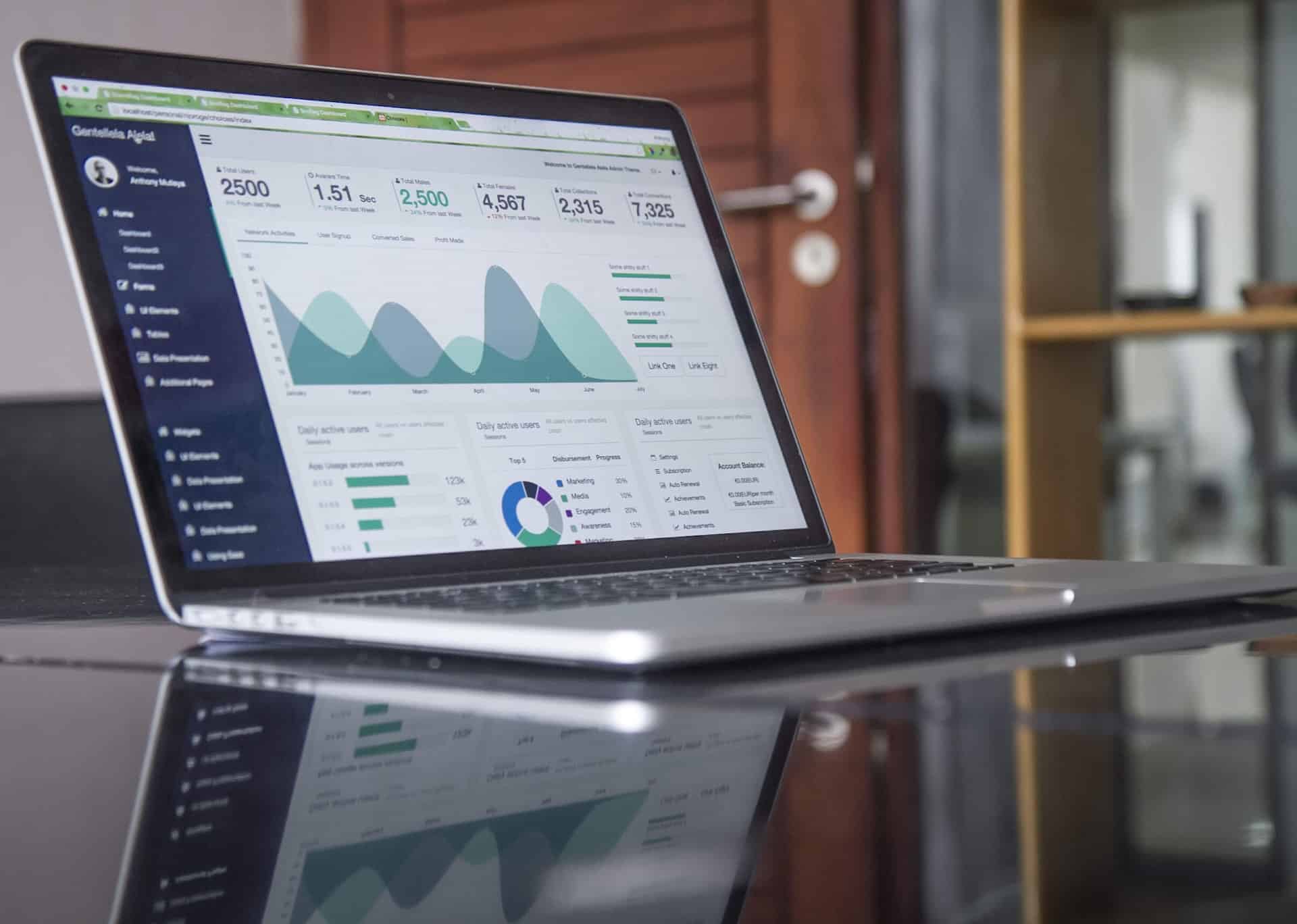Web scraping dates back to the early days of the World Wide Web. The first automatic web crawler – World Wide Web Wanderer – was launched in 1993 to measure the size of the Web. However, over three decades, this technology evolved into its final form – professional web scrapers to enhance online business operations.
Web scraping aligned itself with another crucial business improvement – data-driven decisions. In pre-Internet days, collecting vast amounts of relevant data was burdensome. Executives often relied on intuition, and many still do. Having a reliable “gut feeling” is, without a doubt, advantageous. But it would be a mistake to ignore the many possibilities the Internet has opened up.
Web scraping is one of them. This article overviews what web scraping is and how you can use it to enhance your business operations.
Table of Contents
What is Web Scraping?
Web scraping is a method of gathering publicly available web data in a structured format and automated fashion.
Currently, more than two-thirds of small businesses have websites. Moreover, almost all major brands represent themselves online. According to IBISWorld statistics, more than 25% of business is conducted online. A tendency that was accelerated by the Covid-19 pandemic.
Benefits Of Web Scraping For Businesses
Factual and verifiable online data can help you navigate a dynamic online market. It’s an excellent way to monitor competition, get in direct touch with potential clients, identify consumer needs, and more. However, gathering online data manually is nearly impossible. Instead of spending resources on the additional workforce, you can master web scraping to automate the process.
Furthermore, there are numerous professional web scraping service providers. Whether you need scraper APIs or additional proxy servers, you can rely on them for assistance.
Here’s how your business can benefit from professional web scraping.
1. In-Depth Market Analysis
Nowadays, it takes an exceptionally creative mind to come up with a genuinely new and unique service. Most of the time, businesses improve on existing services and offer them as better alternatives. But how can you know your service is genuinely better? Or more moderately priced?
The answer is straightforward. You can scout the Internet for similar products and make a comparison. However, doing so manually will take countless hours.
Web scraping automates the process by connecting to relevant websites and gathering required data for you. Technologically adept businesses use web scraping for price comparison, product review monitoring, and keeping an eye on the competition. It will give you a better understanding of the market situation and increase the chances of a successful investment.
2. Gathering Structured Data
Acquiring massive amounts of data is useless without the ability to aggregate it. Web scraping will gather unstructured publicly available web data and convert it into a usable format, such as a spreadsheet or .csv file. You can then use it with data-aggregation software for further analysis. Moreover, you can build your software toolkit to avoid starting anew every time. Depending on your needs, you can customize the data gathered and select the required format for further processing.
3. Avoiding Geo-Blocks
Geographical restrictions are a common nuisance for global businesses. Much of online data is restricted to particular geographical regions. For example, European users don’t have unrestricted access to U.S. retail sites, limiting access to crucial business data.
You can combine your web scraping with proxy servers. It will provide you with alternative regional IP addresses to bypass geo-blocks. For example, travelling agencies frequently use proxies to compare plane ticket prices that differ per region. A fully developed web scraper will use the proxy’s IP to change geographical locations and retrieve local prices. It will repeat the process with all selected regions until all information is gathered for further analysis.
4. Brand Monitoring
Once you have introduced your service to global audiences, it’s crucial to know their response. Once again, many review sites are geographically restricted to a specific location. What’s more, going over each manually can take too much time.
You can deploy web scrapers to connect to review sites and retrieve publicly available user reviews. It will provide first-hand opinions on your service, and you get the chance to improve them accordingly. Furthermore, you can target competitors to get their reviews instead. It will illuminate their advantages, giving you a clear development direction.
5. Optimizing SEO Tasks
The rapid expanse of online markets introduced a new marketing discipline – SEO. Search engine optimization allows you to structure your online content to rank on the first Google page. According to numerous pieces of research, consumers rarely visit the second page of Google. Web scraping allows you to gather relevant regional keywords for better product placement quickly. It will help you with PPC campaigns, ads, and regional consumer needs.
Final Words
Online markets are fiercely competitive. However, they are also highly profitable. If you master web scraping techniques, you will get a significant advantage over the competition. Online data analysis enhances business-decision making and increases the chances of a successful investment. Moreover, it’s a relatively new practice predicted to remain relevant in the foreseeable future.










